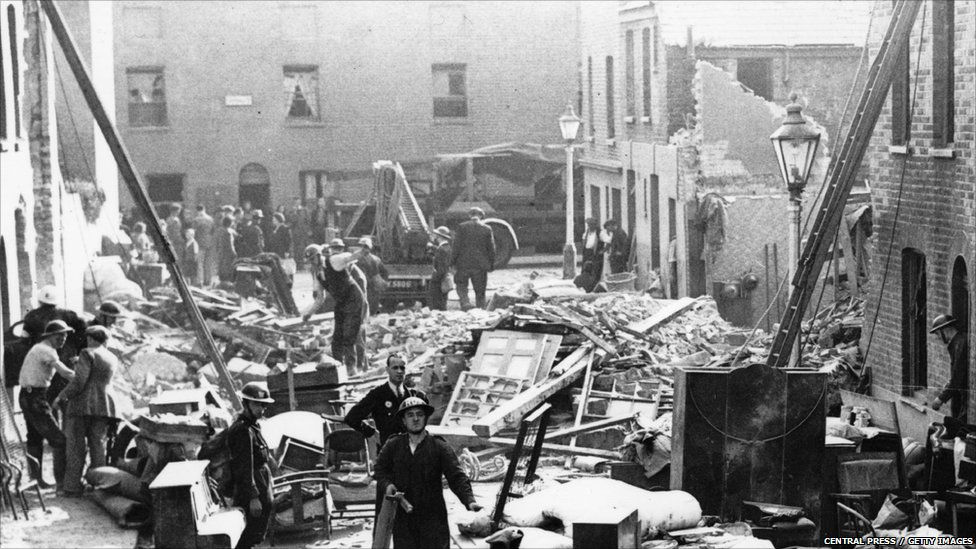An Interview with Barbara Winton who's Father Saved 699 Children from the Holocaust
- Tilly Peterson

- Aug 26, 2020
- 4 min read
There are around 6000 people alive today because of the work of Sir Nicholas Winton. Nicholas saved 699 children from the Holocaust.
Nicholas did not want to be seen as a hero for his work, instead he thought of himself as the right man in the right place at the right time. His actions were characteristic of his personality. Nicholas was a big believer that if someone feels strongly about something then they should act on their feelings to make a positive difference to the lives of others.

(Nicholas holding refugee Hansi Beck - aged three and a half)
How Nicholas saved 699 children:
Shortly before Christmas in 1938 Nicholas was planning on going on a skiing holiday, he decided instead to help his friend Mark in Prague complete work for the British Committee for Refugees at Czechoslovakia. There were over 250,000 refugees in Czechoslovakia at the time, not only Jews but democrats who fled Germany. They were all in grave danger so Nicholas was keen to help.
It was becoming difficult for refugees to escape yet Nicholas managed to gain permission from the Home Office in February 1939 to bring refugee children to England. With Hitler’s invasion to Czechoslovakia March 1939, urgency to save as many children as possible increased. Nicholas started writing letters of desperation to the public which were published in newspapers.
He wrote ‘there is a difference between passive goodness and active goodness… it entails going out, finding and helping those in suffering and danger’.

(Photo cards sent to prospective foster parents - now kept in Nicholas Winton's scrapbook)
Nicholas asked people to foster refugee children or donate towards the sponsorship of a refugee child. He got hundreds of responses. The process was complicated in confirming foster parents, crossing borders, having legal documents and the eventual hand over of the children. This operation was later known as the Czech Kindertransport.
Nicholas was a humble character who constantly pushed to help others. He was not boastful or proud of his work instead he deeply regretted not being able to save more children. There was a train of 250 refugee children due to leave on 1st September 1939. That fateful day Germany invaded Poland and the children were trapped.
Nearly all the rescued children's families were murdered by the Nazis. Nicholas truly saved these children’s lives.

(Nicholas pictured centre with some of the children he saved - 2009)
Nicholas’s work went unnoticed for fifty years until 1988 when he got invited on a BBC programme called That’s Life! to discuss the scrapbook of all the childrens profiles he had saved. Nicholas was overwhelmed as the presenter pointed out that the people sitting next to him and behind him were in fact some of the children he had saved. This emotional ambush made great TV and propelled Nicholas into the spotlight for all his work. The programme also sparked the network of children to contact Nicholas and form great relationships with the man who had saved their lives.

(Nicholas being surprised on That's Life! meeting Vera (Diamant) Gissing)
I recently spoke to Barbara Winton about her Father’s life:
How did your Father’s life affect your own?
Well it only really affected my life after my mother died in 1999 and he needed someone to accompany him to the various events he was invited to. Then I began to meet the ‘children’ he had rescued and hear their stories. Finally it led to me writing his biography (If it's not impossible), which was a big step for me, and I learned so much from that about his life and the history of the war-time and my own family. Since then I have given lots of talks about him and the Kindertransport and it has led me to campaign for today’s child refugees – so I guess there has been a development in my life towards lecturing and campaigning that might not have been there otherwise. I am friends with many of the ‘children’ and their families also.
Did your Father often speak about his work in the war?
He hardly talked of it. He was someone who always had a current project and he was always focussed on that or on current affairs in the world. That was what he talked about. He had little interest in looking back, though obviously once the story was public and he met those he had rescued, he had to talk about it more.
What did your Father enjoy later in life?
He loved the opera and as some of his ‘children’ did also, he had several trips to Covent Garden and further afield with them, which he very much enjoyed. He had a great sense of humour and often came up with a joke I had never heard before even into his 100s.

(Nicholas and Barbara)
Watch:
https://www.youtube.com/watch?v=Xd-U0fkZcCc = Nicholas being surprised as he gets to meet the 'children' survivors on BBC programme That's life!
Link to Nicholas Winton memorial trust which holds the historic and more recent documents, photographs, artefacts and memorabilia of Sir Nicholas Winton. Its aim is to conserve the archive for the future to enable its use for educational and research purposes in order to promote Nicholas Winton's legacy and principles. http://www.nicholaswinton.com/snwmt.html
Link to the Holocaust Educational Trust Charity - https://www.het.org.uk/




Comments